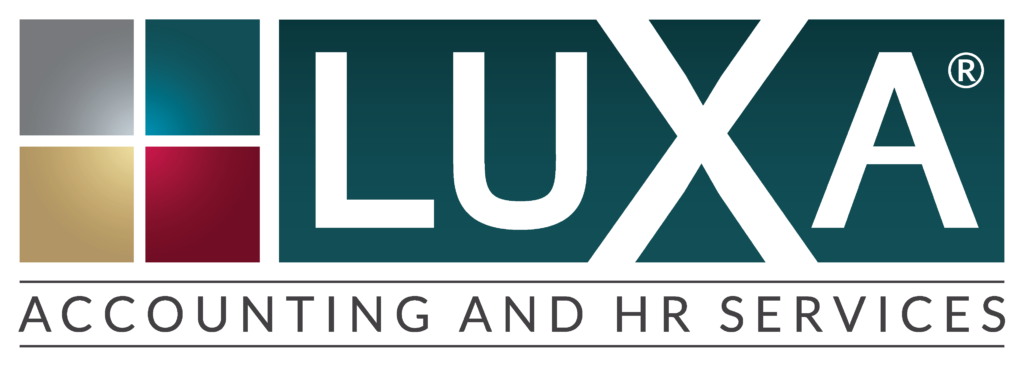
Starting a business has a lot of complexities. One of them is taxes. A lot of new and small businesses attempt to do their own taxes without any help, and this can lead to all kinds of pitfalls. The temptation to save money is, however, strong, and for some people it’s a matter of pride.
Here are some of the biggest problems, liabilities, and mistakes that you might not be aware of during the year:
1. You End up Missing the Deadline
Business taxes take more time and energy, and that can mean business owners put things off. Alternatively, you may discover you owe a lot of tax and simply not have the money. You can request an extension, but will still have to pay at least some of the tax.
The best way to avoid this is to start work on your tax filing in January, and consider setting aside extra money to cover any tax surprises. Remember that you will have to pay 6% interest and a late payment penalty if you miss the deadline.
2. You Didn’t Pay Enough Estimated Tax
There are almost no circumstances under which a business owner can avoid paying estimated tax. (The only one is if you have a spouse working a regular job and have extra money taken out. This can sometimes allow you to avoid estimated taxes for a year or so).
If you are filing as a sole proprietor, you should make sure that you will owe less than $1,000 on your return. If in doubt, it is better to pay a bit in estimated tax. For corporations, you have to make payments if you think you will owe $500 or more.
There are various online calculators and the IRS provides a worksheet to help you work out how much estimated tax you should pay. One major pitfall is that some businesses will worry about federal estimated tax and then completely forget that they may also have to pay estimated tax to the state. Some states have very tight rules on who needs to pay estimated tax.
3. You Didn’t Keep Proper Track of Expenses
Not keeping proper track of your deductible expenses is a huge issue, especially for sole proprietors. The IRS expects you to save all business receipts for at least three years, but most tax advisors will suggest six.
Not deducting things you can deduct can cost you, and this often happens when people use their personal cash to pay for a business expense then forget to write it down.
Deducting something you are not entitled to can be even more expensive. Sole proprietors and companies are at higher risk of being audited than regularly employed individual. You need to be able to make a good case for each deduction.
For example, you may not be able to deduct the family vacation even if you do business, but you can deduct costs directly related to that business. If you use your car in business, you will need to keep a mileage log or deduct actual expenses.
Pro tip: If filing a Schedule C, then keep track of your expenses under the headers the IRS uses. This can save a lot of time at the end of the year.
4. You Used Your Personal Bank Account for Business
A lot of small business owners ask when they need a separate business bank account. The answer is: Right away. Many banks will give you a free business account if you already have a personal checking account above the minimum balance.
You should put all business income into the separate account, use a separate credit or debit card for all business expenses, and avoid using personal cash as much as possible.
This allows you to keep better track of expenses and may reduce your risk of an audit or your hassle if audited.
Avoid keeping your business and personal credit cards right next to each other so that you are less likely to grab the wrong one, especially if jet lagged on business travel.
5. You Did Your Math Wrong
Obviously, this can affect personal returns too, but with a business you just have more numbers to potentially mess up.
You can lose out on deductions by calculating expenses wrong (or even dropping/forgetting about an expense), or flag an IRS audit. (Pro tip: Don’t round numbers. Round numbers flag).
Using a spreadsheet can help you get your math right, but having somebody else check your numbers is always going to be better. Tax software will also do a lot of the math for you.
Comparing your numbers with the previous year can help you spot a major error.
6. You Missed a Crucial Change in the Tax Law
The major tax reform bill passed recently resulted in a number of changes.
For example, you can no longer deduct entertainment as part of a business meeting, but can still deduct 50 percent of food.
Major changes like this tend to be all over the internet, but what about smaller stuff? For example, a lot of states are now moving to increase their ability to collect sales tax from out-of-state vendors, which may or may not be taken care of by a distributor.
Massachusetts did not have payroll tax…until 2019. You need to check before filing every year that something that affects you at either the federal or the state level has not been changed.
Many of these changes don’t affect businesses which don’t have employees or who don’t sell out of state (or only sell out of state via Amazon or a similar distributor). But something can crop up at any time that either increases or decreases your tax liability.
All of these problems are best mitigated by hiring a qualified tax preparer or, better yet, an accountant. A qualified accountant can keep track of tax changes, help you find deductions you might not know about, triple check your math, etc. Better yet, they may also be able to advise on financial matters outside just that, and help you with business growth decisions such as hiring your first employee.
To find out more about how a qualified accountant can help make sure that you don’t make costly mistakes when filing your business taxes, contact Luxa Small business accounting today.


